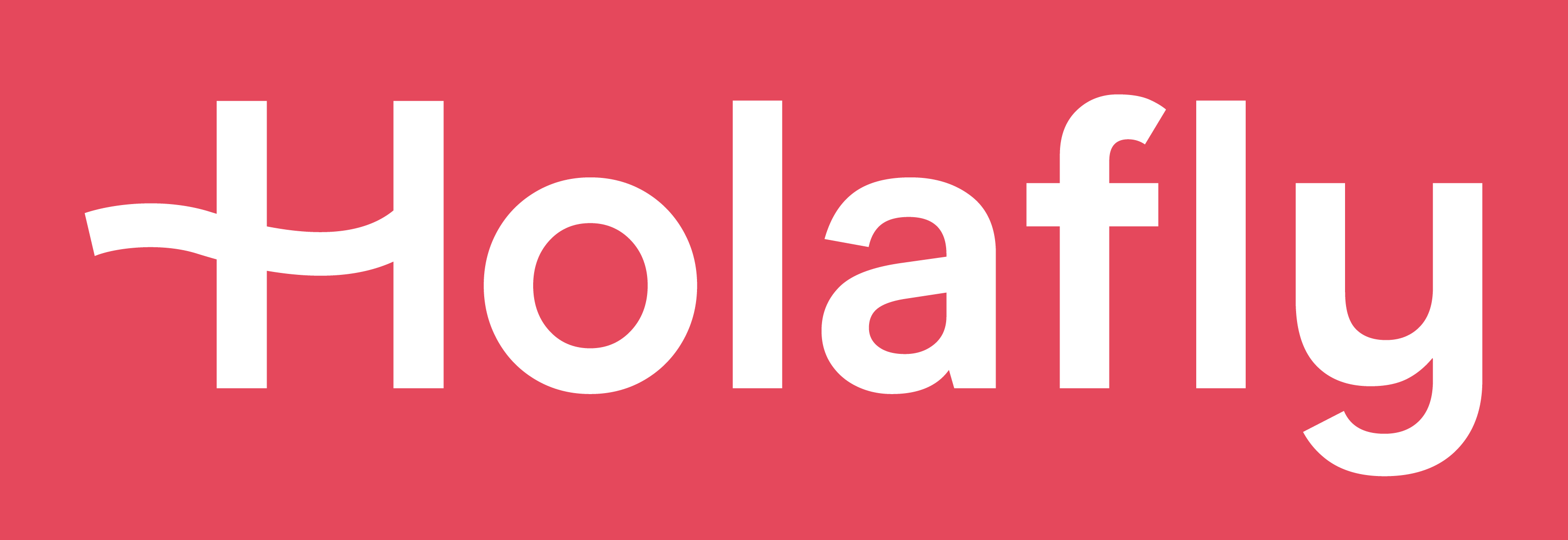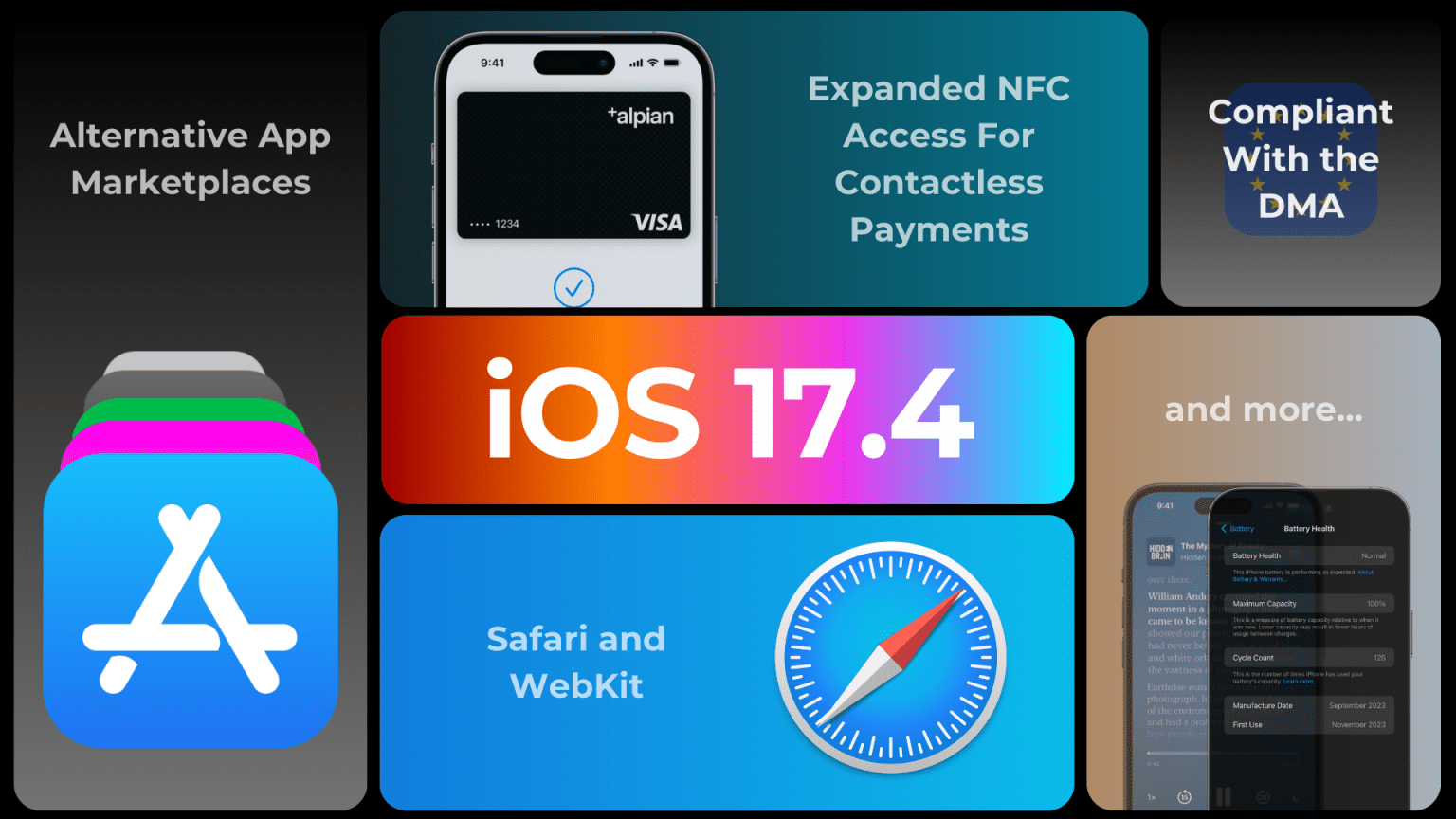The iOS 17.4 update is finally here as it begins rolling out to millions of iPhone users worldwide. The update brings forward notable updates to iOS 17 as a whole, and ushers in arguably the biggest change in the iPhone’s app ecosystem since the App Store first went live in 2008.
The app ecosystem changes are thanks to the European Union’s Digital Markets Act (DMA), which is set to officially go into effect on Wednesday, March 6. With the DMA, the Union is attempting to introduce a fairer playing field between “gatekeeping” companies like Apple, and smaller developers who have long complained over the Cupertino company’s ironclad grip over the App Store.
Apple is forced to comply with the DMA, or else it risks massive fines from the EU that are sure to affect its bottom line. Nevertheless, the company is making massive strides with iOS 17.4 to comply with the regulations and to appease developers, even if some of them remain unhappy.

Discover new horizons, always connected with eSIM
Travel the world stress and hassle-free with the best eSIM service available. Enjoy unlimited data, 5G speeds, and global coverage for affordable prices with Holafly. And, enjoy an exclusive 5% discount.
Below, we highlight all the features and changes iPhone users in the EU will get their hands on once they update their devices to iOS 17.4.
Alternative App Marketplaces
Apple will finally allow developers to create their alternative app marketplaces, which will allow users to download apps from outside the App Store. According to Apple, alternative app marketplaces exist as separate apps that are first downloaded from Safari directly from the developer’s website. iPhone users on iOS 17.4 will be able to download an unlimited number of alternative app marketplaces on their devices.
Apple will still claim a degree of control over apps downloaded from outside the App Store. Developers need to be approved first before they can launch alternative app marketplaces. Apps that are set to be distributed from outside the App Store with iOS 17.4 will have to go through a Notarization process from Apple. Notarization includes a basic scan for malware, and it also makes sure that the app’s functionality matches up with its description.
Apple is also bringing support for alternative payment service providers, meaning that developers can bill users of their apps without having to go through Apple’s billing system. Apple is also allowing developers to direct users to complete payments outside the App Store, finally doing away with its controversial “anti-steering” policy.
Apple is also making bold changes to the commissions it collects per app download. For apps downloaded from the App Store, the company will collect reduced commissions at either 10 percent or 17 percent depending on the developer’s status, down from either 15 percent or 30 percent rates. On the other hand, Apple is introducing a new Core Technology Fee, which will see developers pay €0.50 for each app installed per year after the first one million downloads.
Safari and WebKit
The DMA also stipulates that Apple introduced some changes to Safari and the underlying WebKit framework. While iOS 17 already supports setting up a third-party web browser as the default, Apple says that EU users who open Safari for the first time after installing iOS 17.4 will be treated with a new prompt that forces them to choose a default web browser.
The prompt will include Safari in addition to a list of the 12 most popular web browser apps in the user’s respective country to choose a default from. Safari changes will also span developers, who will be allowed to create custom web engines for their browser apps without having to rely on WebKit. Before this change, all web browser apps on iOS, including Chrome and Edge, had to rely on WebKit. Thanks to the DMA, however, Google and Microsoft will get to deploy non-WebKit engines for their browsers.
NFC Contactless Payments
With the iOS 17.4 update, Apple is opening up another core iPhone experience. European banks and financial institutions will be able to use the iPhone’s NFC chip to develop alternative contactless payment solutions, paving the way for true Apple Pay competitors on the iPhone. Users will also get to select a third-party contactless payment app as a default instead of being limited to the Wallet app.
Currently, the default iPhone behavior is to launch the Wallet app or a predetermined payment card when near an NFC terminal or through side button activation. iPhone users in Europe running iOS 17.4 will be able to set a default payment app to launch when near a contactless payment terminal or when the side button is double-clicked.
Contactless payment changes are not limited to EU member states, they also span the European Economic Area (EEA). This includes all 27 members of the Union, in addition to Norway, Iceland, and Lichtenstein.
iOS 17.4 is one of the biggest iterative updates for iOS. In addition to EU-specific changes, Apple is also bringing over notable changes for users worldwide including battery settings changes for the iPhone 15 lineup, new emojis, enhanced iMessage security with a new PQ3 encryption protocol, and much more.



